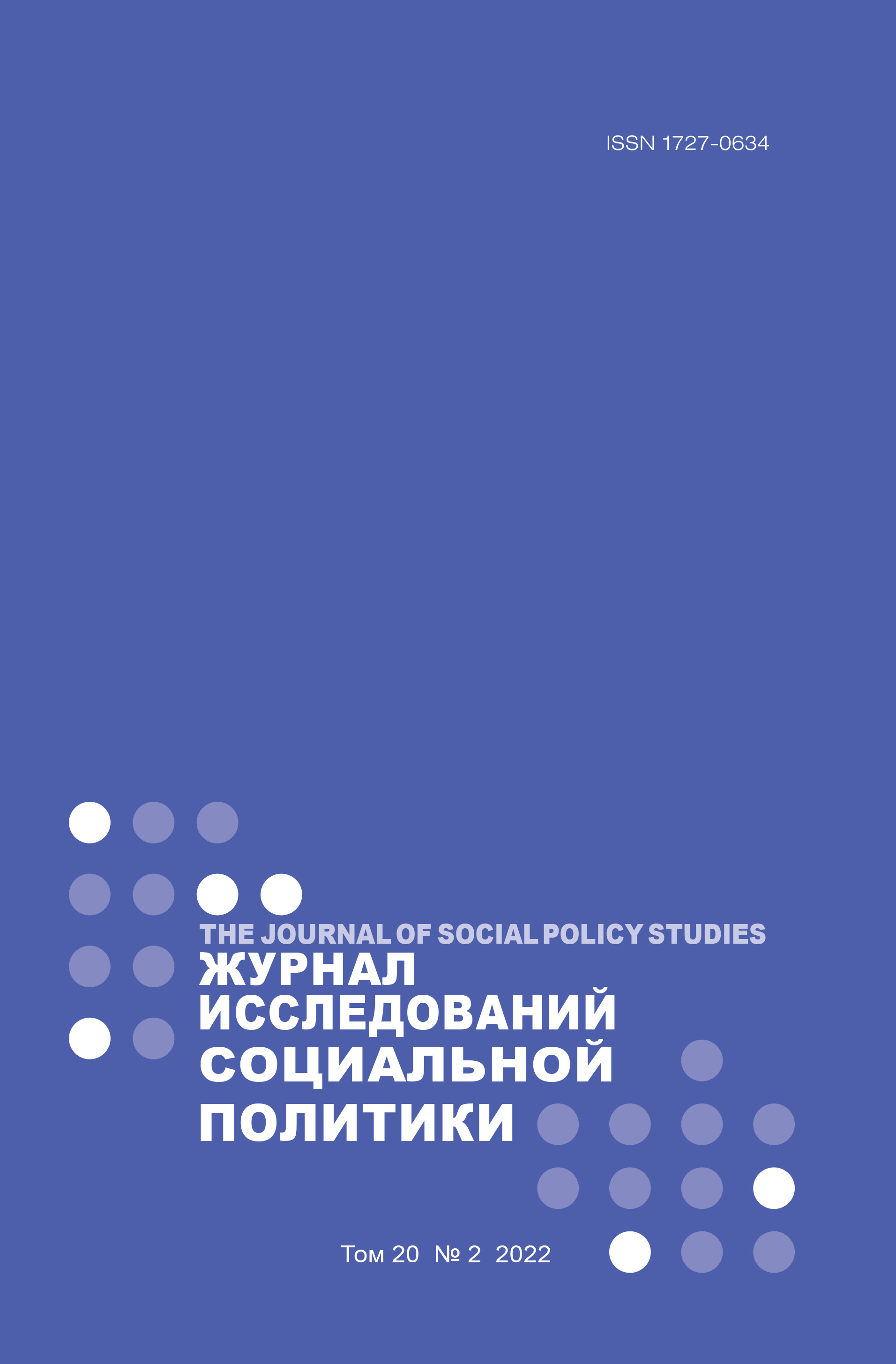Spatial Accessibility of Advanced Cancer Care in the North-West Russia
Abstract
The territorial accessibility of high-tech oncological care is crucial for the success of cancer treatment. Proximity to a specialized medical institution contributes to a better outcome of treatment. In case of spatial accessibility, it is easier for the patients to find out what types of medical care are offered, it is easier to organize a visit to a medical institution. Besides, the patients and accompanying persons do not bear additional financial costs for the tickets and accommodation at the place of treatment. The Lancet Oncology Commission calls the centralization of care in Russia unique and points to territorial inequality as one of the main problems on the way to effective cancer control in Russia. This study analyses the inequality in the territorial accessibility of advanced cancer care to residents of the North-Western Federal District. Accessibility is measured as travel time on foot and by car from the centre of municipalities to the nearest medical facility offering care. We calculate several inequality indicators for the regions and in the North-West as a whole and estimate the proportion of the population with different levels of territorial accessibility. Most of the medical facilities are concentrated in the south-east of the district. Territorial accessibility for residents of the Nenets Autonomous Okrug, the Republic of Komi, and the Republic of Karelia, a large part of the territory of the Vologda and Arkhangelsk regions is low. Inequalities in accessibility exist not only at the level of the district but also within the regions. Highest levels of intra-regional inequality are observed in the Leningrad, Pskov, and Arkhangelsk regions. However, the spatial disparity in the territorial accessibility of oncological care is largely due to differences in accessibility between regions than due to differences in accessibility between municipalities within regions.















